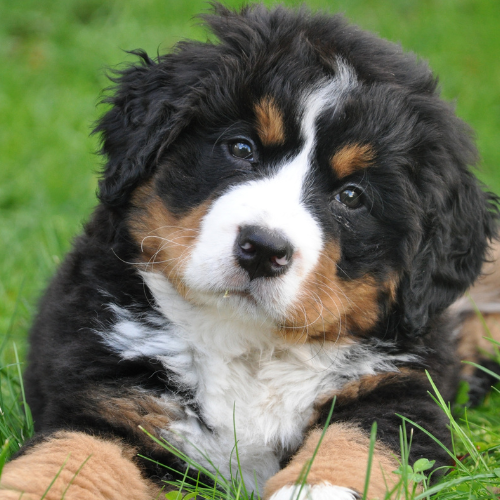
The Power of Nutrition: Supporting Your Dog’s Recovery from Worm Infestations
Worm infestations can take a toll on a dog’s health, but proper nutrition plays a crucial role in their recovery and overall well-being. By understanding how diet impacts recovery and what nutritional strategies to employ, you can help your dog bounce back stronger. Let's explore the role of nutrition in supporting a dog’s recovery from worm infestations.
The Toll Worms Take on Nutrition
Worms can deprive your dog of essential nutrients, leading to weight loss, weakened immune function, and general malaise. Common symptoms like vomiting and diarrhea further exacerbate nutrient loss, making it vital to focus on a nutritious diet during and after treatment.
Key Nutritional Needs During Recovery
- High-Quality Protein: Essential for muscle repair and immune function. Opt for lean meats like chicken, turkey, and fish.
- Essential Fats: Omega-3 and Omega-6 fatty acids found in fish oil and flaxseed oil can help reduce inflammation and support overall health.
- Vitamins and Minerals: Ensure your dog gets adequate vitamins and minerals, especially vitamin A, E, and B-complex vitamins, which are crucial for recovery and immune support.
- Fiber: Helps regulate digestion and restore normal bowel function. Include sources like pumpkin and sweet potatoes.
- Probiotics: Aid in restoring healthy gut flora disrupted by worms and treatment. Consider adding yogurt or a vet-recommended probiotic supplement.
Nutritional Strategies for Recovery
- Frequent, Small Meals: Offering smaller, more frequent meals can help your dog digest food better and absorb nutrients more efficiently.
- Hydration: Ensure your dog has constant access to fresh water, as hydration is key to recovery, especially if they've experienced diarrhea or vomiting.
- Balanced Diet: A well-rounded diet that includes all essential nutrients supports overall health and aids recovery.
- Supplements: Consult your vet about adding specific supplements to your dog’s diet to address any deficiencies caused by the infestation.
Foods to Include
- Lean Proteins: Chicken, turkey, and fish
- Healthy Carbs: Brown rice, sweet potatoes, and pumpkin
- Fruits and Vegetables: Blueberries, carrots, and green beans for added vitamins and antioxidants
- Healthy Fats: Fish oil, flaxseed oil
Foods to Avoid
- Processed Foods: High in preservatives and low in nutrients
- Fatty Foods: Can exacerbate digestive issues
- Dairy: Some dogs may be lactose intolerant, which can lead to further gastrointestinal problems
Nutrition is a powerful tool in supporting your dog’s recovery from worm infestations. By focusing on a balanced diet rich in essential nutrients, you can help your dog regain strength and vitality. Always consult your vet for personalized dietary recommendations and ensure your dog receives the best possible care.
By providing the right nutrition and care, you can aid your dog's recovery and set them on a path to long-term health and happiness.


